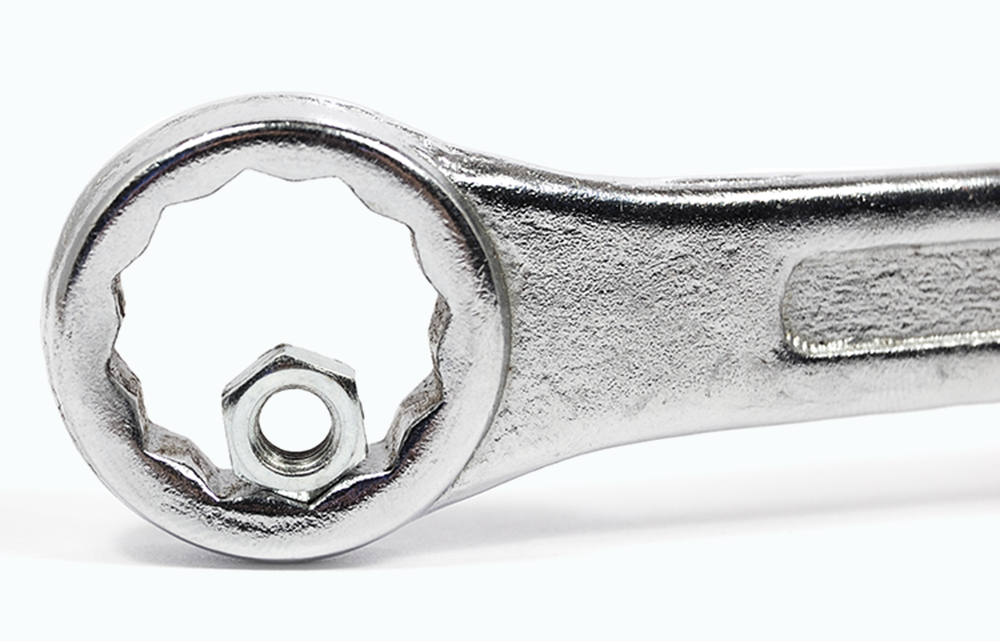Fire Engineer Salary UK

Introduction
The United Kingdom stands as a beacon of excellence in fire safety and engineering, boasting a dynamic workforce dedicated to protecting lives and properties. Within this noble profession, the salary of a fire engineer is a topic of wide interest, reflecting a range of factors including expertise, location, and the nature of their employer. As we delve into the intricacies of the fire engineering sector, an understanding of the financial rewards associated with this critical role offers a foundational perspective for both aspiring and experienced professionals.
What is Fire Engineering?
Fire engineering is the specialised discipline that combines principles from physics, chemistry, and engineering to protect people, property, and their environments from the devastating effects of fire and smoke. It encompasses a broad spectrum of activities, from designing safer buildings and fire detection systems to conducting risk assessments and developing emergency response strategies. Fire engineers play a pivotal role in ensuring that buildings are not only compliant with fire safety regulations but are also designed to minimise the risk of fire and ensure safe evacuation procedures.
CSR Salary Survey
Our 2023 Salary Survey dives into the heart of the UK’s Fire and Security industry, leveraging our extensive database to bring you up-to-date insights on compensation trends. Covering factors like location, education, experience, and role, this report aims to equip both professionals and employers with the knowledge to navigate the salary landscape effectively. Download our findings to understand the dynamics of pay within the industry and make informed decisions for your career or organisation.
Geographical Impact: London is the highest-paying region, followed by the South East and Midlands. This aligns with the earlier mention of location’s impact on fire engineer salaries, underscoring London’s role as a premium market for these professionals.
Education and Experience: The survey confirms that higher educational achievements and extensive experience translate to higher salaries in the fire and security industry. This supports the section discussing the importance of qualifications and continuous professional development for career advancement.
Role and Salary: The significant difference in earnings between senior roles (e.g., Business Development Managers, Operations Managers) and more junior positions (e.g., Installation or Service Engineer) emphasises the career growth potential and the importance of aiming for senior positions for better compensation.
Industry Specifics: Working across both Fire and Security domains, especially with enterprise systems, appears to be more lucrative. This suggests a growing demand for versatile professionals adept in both areas, potentially due to the integrated nature of modern fire and security solutions.
Salary Satisfaction: With 62% of respondents considering their salary too low, there’s a clear need for better salary transparency and negotiation within the industry. This insight could lead to discussions on how professionals can negotiate salaries and what employers can do to ensure fair compensation.
You can download the CSR Salary Suvey 2023 to read more about Fire Engineer Salary information.
Fire Safety Engineering
A subset of fire engineering, fire safety engineering focuses specifically on applying scientific and engineering principles to protect individuals and their surroundings from the fire’s harm. This specialisation involves the detailed study of fire behaviour, compartmentalisation, smoke management, and the effectiveness of fire detection, suppression, and evacuation measures. By employing advanced simulation tools and risk assessment methodologies, fire safety engineers devise strategies that significantly reduce the likelihood and impact of fire incidents.
The Role of a Fire Engineer
The day-to-day responsibilities of fire engineers are as diverse as the field itself. From the initial design phases of new buildings to the retrofitting of existing structures, these professionals ensure that fire safety measures are seamlessly integrated into architectural and engineering projects. Fire engineers work closely with architects, builders, and local authorities to develop and implement innovative solutions that meet or exceed safety standards. Their expertise is also crucial during site visits, where they inspect construction progress, ensuring that fire safety designs are accurately executed.
Becoming a Senior Fire Engineer
Advancing to a senior fire engineer position is a goal for many in this field, requiring not only a solid foundation in fire engineering principles but also years of relevant experience. Senior fire engineers take on more complex projects, leading teams, and making critical decisions that affect the safety and compliance of large-scale developments. They must possess not only technical knowledge but also strong leadership and communication skills, allowing them to effectively collaborate with various stakeholders and mentor junior engineers.
The Impact of Location on Fire Engineer Salaries
In fire engineering, geographical location significantly influences salary scales. London, as the UK’s economic and construction hub, offers salaries at the higher end of the spectrum, reflecting the city’s increased cost of living and the complexity of projects within the capital. However, opportunities beyond London in cities like Manchester, Birmingham, and other regions across England also present competitive salaries, each with their unique set of challenges and rewards. Understanding these geographical nuances is crucial for fire engineers seeking to maximise their earning potential while contributing to the safety and development of varied environments.
Key Skills and Qualifications for Success in Fire Engineering
The pathway to becoming a proficient fire engineer is marked by a combination of academic achievement, practical experience, and continuous professional development. A degree in fire engineering or a related field, such as structural engineering or electrical engineering, lays the foundational knowledge necessary for success. Beyond formal education, certifications from recognised bodies like the Institution of Fire Engineers (IFE) validate an individual’s expertise and commitment to the profession. Key skills such as analytical thinking, problem-solving, and effective communication are indispensable, enabling engineers to design solutions that are not only technically sound but also understandable and implementable by non-specialists.
Fire Engineering Jobs: Trends and Opportunities
The demand for skilled fire engineers has never been greater, driven by a heightened awareness of fire safety and the continuous evolution of regulations. Fire engineering jobs span a variety of sectors, including residential, commercial, and industrial projects, offering professionals the chance to specialise in areas that align with their interests and expertise. The rise of innovative construction methods and materials also necessitates a growing need for fire engineers who can navigate the complexities of modern building designs, ensuring safety without compromising on aesthetics or functionality.
Project Highlights: A Look at Fire Engineering in Action
Illustrating the impact of fire engineering through specific projects offers tangible insights into the profession’s value. From high-rise residential buildings equipped with state-of-the-art fire suppression systems to industrial complexes designed for maximum safety in the event of a fire, the role of fire engineers is critical. These projects not only showcase the technical skills required but also highlight the collaborative effort between fire engineers, architects, and builders to achieve a common goal: safeguarding lives and properties against the threat of fire.
Advances in Fire Safety and Engineering
The field of fire engineering is continuously evolving, with new research, technologies, and methodologies shaping its future. Innovations such as smart fire detection systems, advanced materials for fire resistance, and simulation software for emergency planning are just the tip of the iceberg. Staying abreast of these developments is essential for fire engineers, allowing them to incorporate the latest advancements into their work and contribute to the ongoing enhancement of fire safety standards.
Preparing for a Career in Fire Engineering
For those considering a career in fire engineering, the journey begins with a passion for safety and a commitment to lifelong learning. Pursuing relevant education and gaining practical experience through internships and placements are foundational steps. Engaging with the wider fire engineering community, attending seminars and workshops, and participating in professional forums can provide invaluable insights and networking opportunities, paving the way for a successful and fulfilling career.
Navigating the Path to Associate Fire Engineer
Becoming an associate fire engineer represents a significant milestone in a professional’s career, recognising their expertise and experience in the field. This designation is often a stepping stone to more senior roles, offering increased responsibilities and the opportunity to lead larger, more complex projects. Aspiring to this level requires a dedication to excellence, a deep understanding of fire safety principles, and a proven track record of successful project delivery.
Conclusion: The Future of Fire Engineering in the UK
We have more information on fire and security engineer salary uk on the CSR website. As we look to the future, the fire engineering profession in the UK is poised for continued growth and evolution. The ever-present challenge of ensuring safety amidst changing landscapes and innovations in construction demands a workforce that is not only technically skilled but also adaptable and forward-thinking. For those embarking on or advancing within this rewarding career, the opportunities to make a significant impact on the safety and well-being of communities are boundless. With dedication, expertise, and a commitment to professional development, the future of fire engineering shines bright, safeguarding against the risks of tomorrow with the knowledge and innovations of today.
Every Job is Easier if You Have the Right Tools
